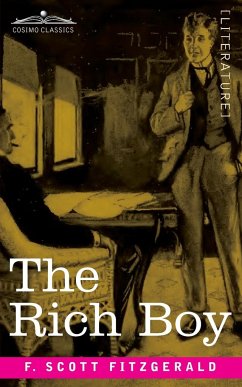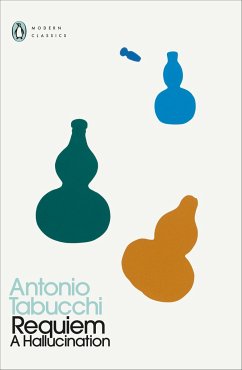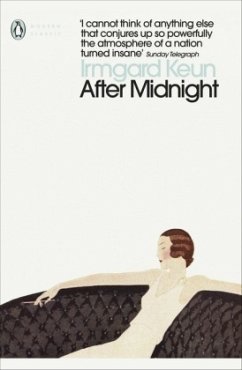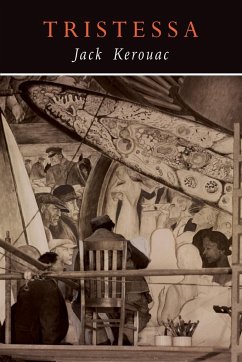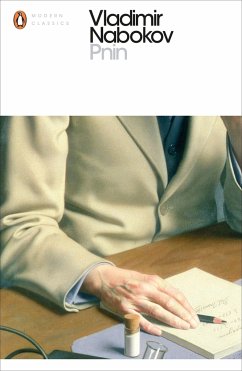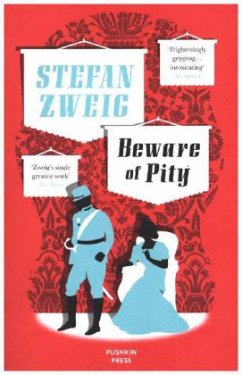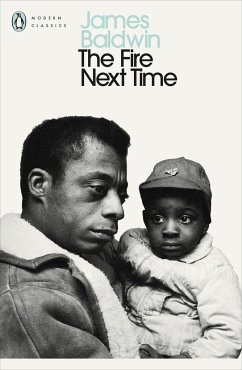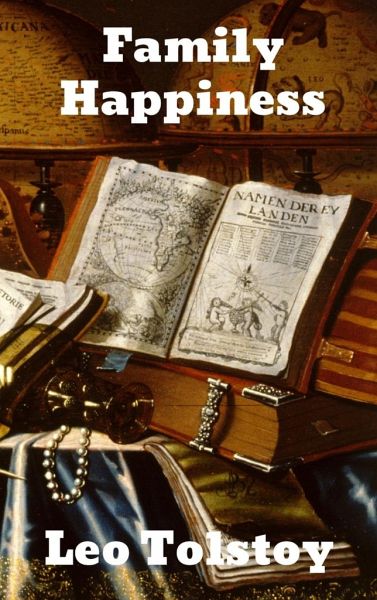
Family Happiness
Versandkostenfrei!
Versandfertig in 1-2 Wochen
20,99 €
inkl. MwSt.
Weitere Ausgaben:

PAYBACK Punkte
10 °P sammeln!
The story concerns the love and marriage of a young girl, Mashechka (17 years old), and the much older Sergey Mikhaylych (36), an old family friend. The story is narrated by Masha. After a courtship that has the trappings of a mere family friendship, Masha's love grows and expands until she can no longer contain it. She reveals it to Sergey Mikhaylych and discovers that he also is deeply in love. If he has resisted her it was because of his fear that the age difference between them would lead the very young Masha to tire of him. He likes to be still and quiet, he tells her, while she will want...
The story concerns the love and marriage of a young girl, Mashechka (17 years old), and the much older Sergey Mikhaylych (36), an old family friend. The story is narrated by Masha. After a courtship that has the trappings of a mere family friendship, Masha's love grows and expands until she can no longer contain it. She reveals it to Sergey Mikhaylych and discovers that he also is deeply in love. If he has resisted her it was because of his fear that the age difference between them would lead the very young Masha to tire of him. He likes to be still and quiet, he tells her, while she will want to explore and discover more and more about life. Ecstatically and passionately happy, the pair immediately engages to be married. Once married they move to Mikhaylych's home. They are both members of the landed Russian upper class. Masha soon feels impatient with the quiet order of life on the estate, notwithstanding the powerful understanding and love that remains between the two. To assuage her anxiety, they decide to spend a few weeks in St. Petersburg. Sergey Mikhaylych agrees to take Masha to an aristocratic ball. He hates "society" but she is enchanted with it. They go again, and then again. She becomes a regular, the darling of the countesses and princes, with her rural charm and her beauty. Sergey Mikhaylych, at first very pleased with Petersburg society's enthusiasm for his wife, frowns on her passion for "society"; but he does not try to influence Masha. Out of respect for her, Sergey Mikhaylych will scrupulously allow his young wife to discover the truth about the emptiness and ugliness of "society" on her own. But his trust in her is damaged as he watches how dazzled she is by this world. Finally they confront each other about their differences. They argue but do not treat their conflict as something that can be resolved through negotiation. Both are shocked and mortified that their intense love has suddenly been called into question. Something has changed. Because of pride, they both refuse to talk about it. The trust and the closeness are gone. Only courteous friendship remains. Masha yearns to return to the passionate closeness they had known before Petersburg. They go back to the country. Though she gives birth to children and the couple has a good life, she despairs. They can barely be together by themselves. Finally she asks him to explain why he did not try to guide and direct her away from the balls and the parties in Petersburg. Why did they lose their intense love? Why don't they try to bring it back? His answer is not the answer she wants to hear, but it settles her down and prepares her for a long life of comfortable "Family Happiness




